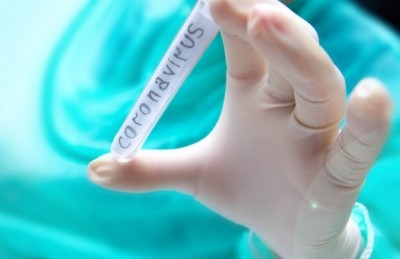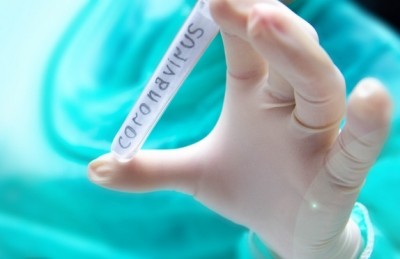NAD tells Church & Dwight to drop gummy absorption claim; appeal filed

The NAD announced recently that it had reviewed a claim Church & Dwight was making on a line of gummy vitamins. The claim had been challenged by Pharmavite, which makes its own line of gummy products under the Nature Made brand name.
Cheaper, faster alternative
The NAD is a division of the Better Business Bureau and is one of the more prominent self regulation efforts within the dietary supplement industry.
“The NAD has the potential to be an important self regulatory process that steps in when two companies are having a dispute. The parties determine that its much more beneficial to go to the NAD rather than litigating the dispute in the courts or going directly to the Federal Trade Commission,” Marc Ullman, an attorney at counsel with the firm Rivkin Radler LLC, told NutraIngredients-USA. Ullman is familiar with the NAD claims review process.
“The beauty of the process is that it is a lot faster than an FTC matter and a lot less expensive than a court case,” he said.
Church & Dwight had been using the term ‘clinically proven absorption’ on its labels, which applied to vitamins C and D3. The claims were being made on the company’s vitafusion line of gummy vitamins.
Church & Dwight says research proves its case
Church & Dwight published research in 2018 that it claimed proved the bioequivalence of its gummy delivery form when tested against Nature Made tablet vitamins.
“We wanted to scientifically prove, for the first time, that the #1 gummy vitamin brand, vitafusion, was ‘bioequivalent’ to more traditional delivery vehicles, namely pills and tablets,” Annahita Ghassemi, Church & Dwight’s director of global R&D said at the time of that release. “Bioequivalence, in this case, simply means that two vitamins with identical active ingredients administered at the same dose but in different delivery forms possess similar bioavailability and produce the same effect.”
The NAD did not challenge the results of Church & Dwight’s research, but noted that those results applied specifically to vitamins C and D3. In NAD’s view, consumers were left to imply that the research applied to all of the ingredients in the gummies.
In addition, Pharmavite had raised some issues with the dosages (much higher than what is used in the consumer products) used in some of the research that Church & Dwight submitted to support its claim.
“NAD determined that the vitamin C and D3 studies were not a good fit to support the messages reasonably conveyed by the advertiser's ‘clinically proven absorption’ claim and recommended that it be discontinued,” the ruling concluded.
According to a press release form NAD, Church & Dwight responded that it "is a strong supporter of the self-regulatory process," however it "fundamentally disagrees with NAD's conclusion that the claim 'clinically proven absorption' reasonably communicates to consumers the implied message that absorption of vitamins C and D3 occurs 'at clinically meaningful levels' . . . or that the challenged advertising making the claim is not substantiated."
Appeal ruling binding on both parties
The decision has been appealed to the National Advertising Division Review Board.
“It’s not exceptional that a company might appeal, but it’s not the norm, either,” Ullman said. “There are still costs involved; there are lawyers representing both sides and expert witnesses, too.”
Ullman noted that an agreement to participate in the NAD process is binding on both parties. If a company were to decide to ignore the final ruling, the process includes an automatic referral of the case to FTC. Ullman said FTC has made it a policy to give precedence to NAD referrals, meaning it’s quite likely the agency would look promptly into such a matter.
















